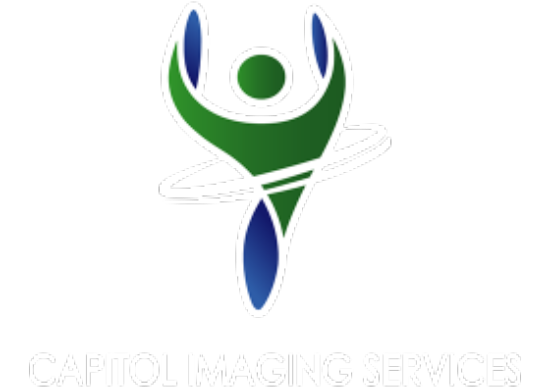Over the years, there have been numerous research studies that have come out highlighting the benefits of drinking coffee. While many understand that too much caffeine is usually not healthy, coffee in some form of moderation can often have pluses in physical health.
Now, A recent study found lower levels of caffeine in the blood of people with Parkinson’s disease. The study compared people with Parkinson’s who carry a particular genetic mutation known to increase Parkinson’s risk with people who carry the same mutation but do not have the disease.
Does that ‘perk’ your interest?
In an article published in Medical News Today, a team of researchers set out to discover whether there was a correlation between levels of caffeine and a mutation in an inherited gene that is linked to Parkinson’s disease. The result was “the researchers found that the differences in the blood caffeine levels between people with Parkinson’s and those without were greater among individuals with this genetic mutation.”
Many in the medical community consider this to be a significant discovery as approximately 60,000 Americans are diagnosed with Parkinson’s disease each year. More than 10 million people worldwide are living with the disease.
Confirming diagnosis
Capitol Imaging Services has been performing a specialty exam called DaTscan for several years. A timely and correct diagnosis, with DaTscan being an important component of that diagnosis, can help patients and their families overcome the fears and frustrations associated with getting an accurate diagnosis so they can move on with their lives.
Click here to learn more about DaTscan. Capitol Imaging Services is the only independently-owned outpatient imaging facility to perform this complete study. Our centers will complete this exam within our relaxed, quiet and comfortable outpatient environment. You do not have to visit a hospital in order to have this test.
Click here to send us a secure email requesting appointment assistance. Choose Capitol Imaging Services: doctor trusted and patient preferred.



